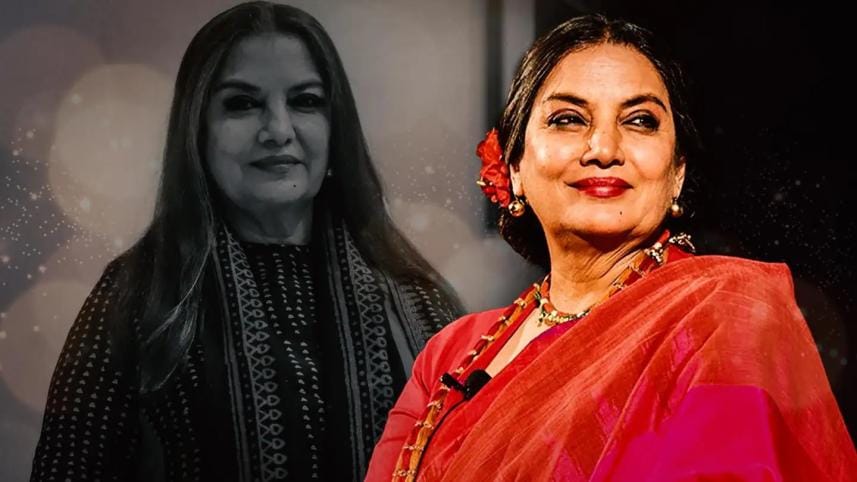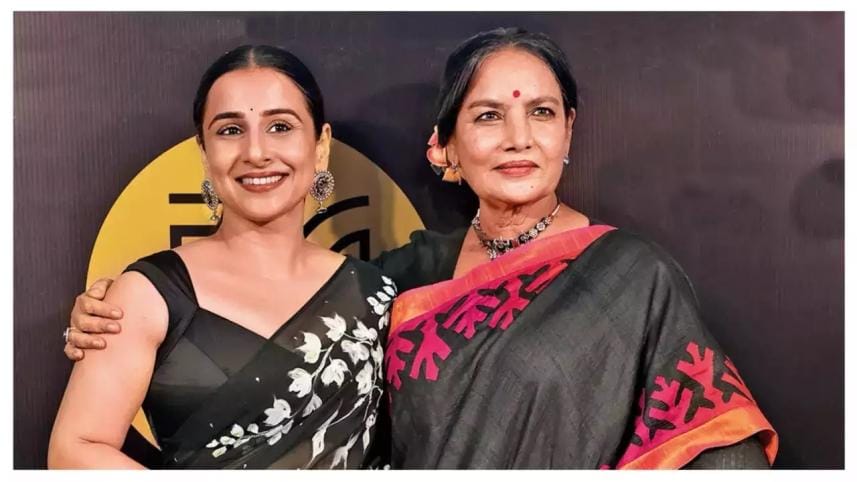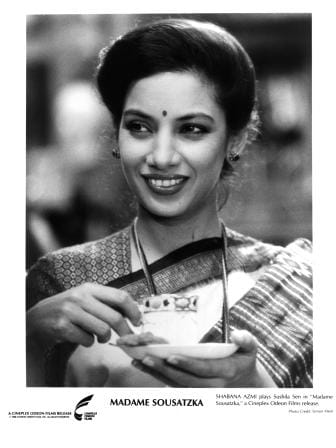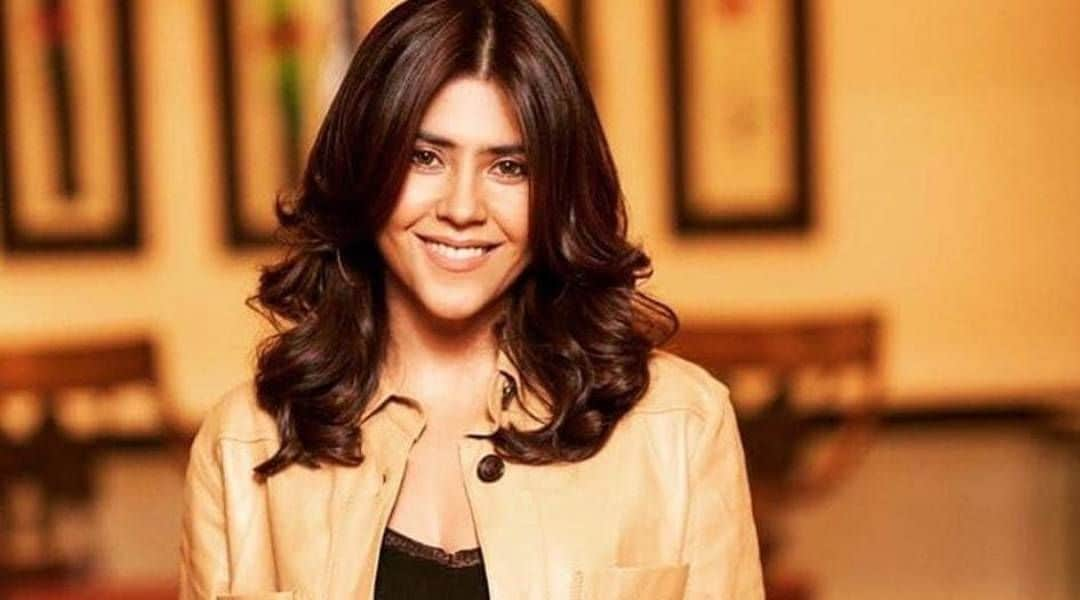Hindi cinema used to operate in an alternative reality: Shabana Azmi

Indian veteran actress Shabana Azmi has recently captivated the audience during a masterclass moderated by actress Vidya Balan at the 2024 MAMI Mumbai Film Festival. The two icons shared insights on their journeys, the challenges of acting across different mediums, and their thoughts on the evolution of Hindi cinema.
When asked about her experience in theatre, given her celebrated performances in plays like "Tumhari Amrita" and "Broken Images", Shabana admitted, "I still see myself as a film actor. I'm trained in cinema and understand the medium much better. However, I believe the ideal situation for an actor is to work in both mediums."
"While theatre isn't my first medium, I find it incredibly challenging. The thrill of performing live on stage is unmatched. However, I wouldn't say it's the most satisfying because a film performance lasts forever, whereas theatre is ephemeral," she added.

Vidya, too, shared her apprehensions about theatre, stating, "I've been offered a few plays, but I haven't had the courage to say yes. The idea of performing in front of a live audience is extremely intimidating."
Vidya brought up the fact that Shabana has starred in a diverse range of films, from arthouse cinema to mainstream escapist hits. When asked about the contrasting impact and reception of her vast body of work, she replied, "I just have a ball. I surrender myself to the director. For example, if I were to ask someone like Manmohan Desai, 'What does this mean?' He'd reply, 'This isn't a Satyajit Ray film, just go with it' (laughs); And you are happy to surrender to someone who directs with such conviction."
Elaborating on her experience of working in mainstream and offbeat cinema, she said, "It's actually easier for actors to perform in arthouse cinema because it is realistic. Hindi cinema used to operate in an alternative reality; it didn't matter if you were playing a policeman or a businessman – their homes looked no different from one another."
She continued, "The lack of attention to detail drove me crazy. It was left to art films to capture those finer nuances. I feel there was a design behind it though – Hindi cinema aimed to cater to the lowest common denominator and wanted to be all India. This focus on mass appeal made it more challenging to create credibility in such a stereotypical world."
Shabana shared a light-hearted moment from her work on "Rocky Aur Rani Ki Prem Kahani". "In my first scene, I was cooking in a silk sari with my hair down. I asked Karan Johar, 'Which Bengali woman cooks like this?' He said, 'In a Karan Johar film, she does. Just go with it.' I trusted his vision, and it turned out beautifully."
Shabana also expressed disappointment over the decline of lip-synced songs in Hindi films. "We used to tell our stories through songs. They were like little philosophies, capturing life's moments. Now, in the rush to modernise, we're losing that connection, and the music is being relegated to the background."
Vidya agreed, adding, "The urge to be universal is robbing Hindi cinema of its unique charm. Lip-synced songs are part of that magic, and I miss them too."

On how she has stayed relevant in the industry for over five decades, Shabana said, "I've never rested on past achievements. I constantly seek new challenges, and even after 50 years, I'm still learning. I embrace change, like working with green screens where you react to nothing."
She also addressed the issue of ageing in the industry: "Ageing has never been a problem for me. I don't try to look younger than I am. There's nothing more beautiful than ageing gracefully. I've always played substantial characters, not just dancing roles, and actors who take on meaningful parts tend to have longer careers."
The actress also spoke about her controversial role in "Fire" and the support she received from her family.
"When I worked with women in slums, I was worried that accepting this role might affect them. But Zoya, who was just 18, said, 'If you like the script, what's the big deal?' Farhan, though younger, had feedback about the ending—he didn't want my character to die in the fire, as it would suggest she did something wrong," she shared.
"I shared his concern with Deepa Mehta, and ultimately, my family supported my decision," Shabana added.



 For all latest news, follow The Daily Star's Google News channel.
For all latest news, follow The Daily Star's Google News channel. 
Comments